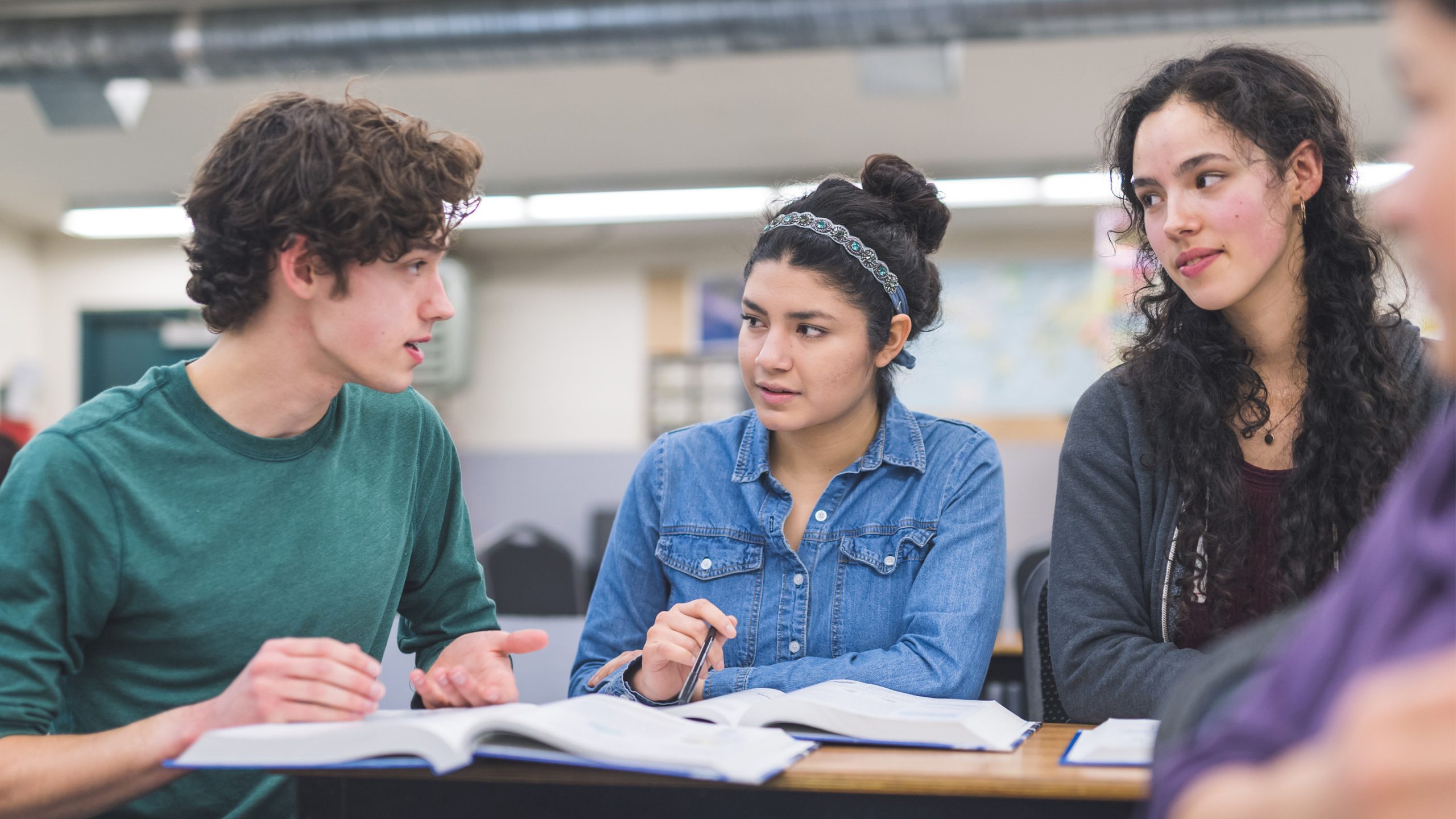Conflict is a natural part of life, and managing it is a crucial skill that students need to learn. Whether it’s a disagreement with a friend, a clash with a teacher, or a dispute with a group member, conflict can arise in school in various forms. As educators and parents, it is essential to help students navigate these conflicts in a healthy and constructive way. By teaching them conflict management skills, we can empower them to handle disagreements effectively and peacefully.
One of the key strategies in helping students manage conflict is teaching them to communicate effectively. Encouraging students to express their thoughts and feelings openly and honestly can help them resolve conflicts in a positive manner. Teaching them active listening skills can also be beneficial, as it allows them to understand the perspective of the other party and find common ground.
Another important aspect of conflict management is teaching students to identify their emotions and manage them appropriately. Emotions can escalate conflicts if not dealt with effectively, so it is crucial for students to learn how to regulate their emotions and express them in a healthy way. Teaching them techniques such as deep breathing, mindfulness, and positive self-talk can help them stay calm and composed during conflicts.
In addition to communication and emotional regulation, teaching students problem-solving skills is also essential in conflict management. Encouraging students to brainstorm solutions, analyze consequences, and make compromises can help them find mutually beneficial resolutions to conflicts. Teaching them to see conflicts as opportunities for growth and learning can also help them approach conflicts with a positive mindset.
Moreover, modeling positive conflict resolution strategies is crucial in helping students manage conflicts. As adults, we need to demonstrate healthy ways of handling disagreements and conflicts in our own interactions. By showing students how to resolve conflicts calmly, respectfully, and collaboratively, we can provide them with valuable examples to follow.
Overall, helping students manage conflict is a vital skill that can benefit them in all aspects of their lives. By teaching them effective communication, emotional regulation, problem-solving, and positive conflict resolution strategies, we can empower them to handle conflicts in a constructive and peaceful manner. As educators and parents, it is our responsibility to equip students with the tools and skills they need to navigate conflicts successfully and build healthy relationships.



